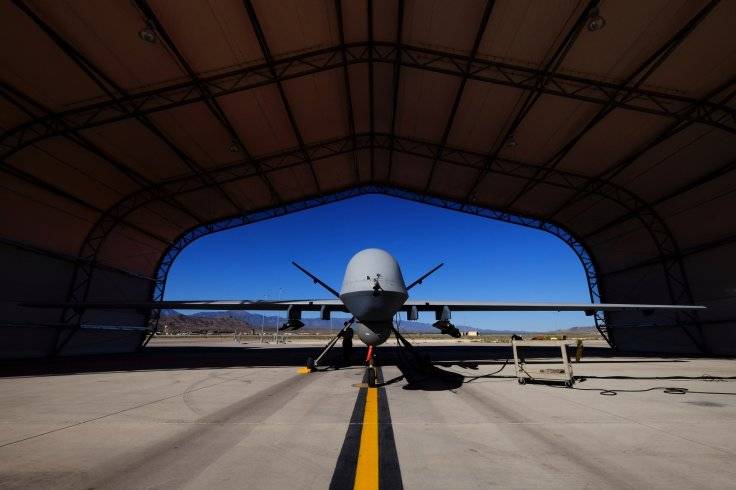Seoul, South Korea (Reuters): U.S. military spokesman said on Monday that the United States has started to deploy attack drones to South Korea, days after it began to deploy an advanced anti-missile system to counter "continued provocative actions" by isolated North Korea.
The spokesman said that the drones, Gray Eagle Unmanned Aerial Systems (UAS) coming to South Korea are part of a broader plan to deploy a company of the attack drones with every division in the U.S. Army.
United States Forces Korea spokesman Christopher Bush said in a statement, "The UAS adds significant intelligence, surveillance and reconnaissance capability to U.S. Forces Korea and our ROK partners."
He did not say exactly when the drones would arrive in South Korea, officially the Republic of Korea (ROK).
North Korea has conducted two nuclear tests and a string of missile tests since the beginning of last year, despite the imposition of new U.N. sanctions.
Last week, the U.S. ambassador to the United Nations, Nikki Haley, said Washington was re-evaluating its North Korea strategy and "all options are on the table."
The Gray Eagle is a remotely controlled attack drone made by U.S.-based General Atomics. They will be stationed at Kunsan Air Base, 180 km (112 miles) south of Seoul, Bush said, and would be permanently based in South Korea.
On March 7, the United States deployed the "first elements" of the controversial Terminal High Altitude Area Defense (THAAD) anti-missile system to South Korea, despite angry opposition from China.
Once fully deployed in South Korea, a THAAD battery could theoretically use its radar to see and monitor activity beyond North Korea, deep into Chinese territory. Russia also worries the deployment could compromise its security, and said it would lead to a stalemate on the Korean peninsula.
South Korea will hold a presidential election by May 9 after the impeachment and dismissal last week of its former president, Park Geun-hye, and policy on North Korea and the THAAD system are likely to be contentious issues in the campaign.


